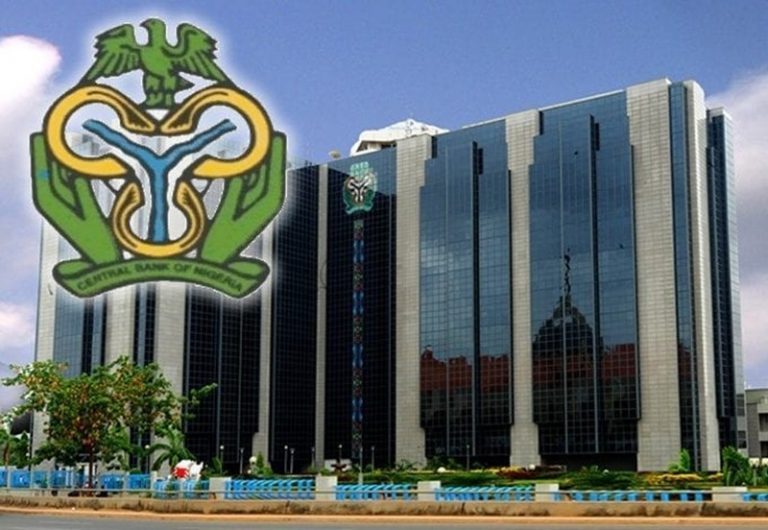
The Central Bank of Nigeria (CBN), under the leadership of Governor Olayemi Cardoso, has taken another significant step in its digital transformation journey by unveiling two groundbreaking initiatives: the Document Flow (DocFlow) System and the Ministries, Departments, and Agencies (MDAs) Naira Payment Solution.
The launch, held at the CBN headquarters in Abuja, aligns with the bank’s broader “Digital First” agenda, which aims to integrate cutting-edge technology into central banking operations. The initiatives underscore the apex bank’s commitment to streamlining processes, improving efficiency, and enhancing sustainability in financial management.
Cardoso described the DocFlow System as a transformative innovation designed to digitize the CBN’s document management processes. The system reduces reliance on paper, promotes environmental sustainability, and accelerates approval workflows.
Register for Tekedia Mini-MBA edition 19 (Feb 9 – May 2, 2026).
Register for Tekedia AI in Business Masterclass.
Join Tekedia Capital Syndicate and co-invest in great global startups.
Register for Tekedia AI Lab.
The MDAs Naira Payment Solution, another pivotal innovation, automates the cash withdrawal processes for Ministries, Departments, and Agencies (MDAs). The solution ensures faster, more efficient financial transactions while reducing errors and irregularities.
Both solutions were developed internally by the CBN’s Information Technology Department, a move that not only underscores the bank’s technological capability but also achieves considerable cost savings.
Other Digital Initiatives of the CBN
In recent years, the CBN has introduced transformative initiatives aimed at modernizing operations, promoting financial inclusion, and safeguarding Nigeria’s financial ecosystem. One such initiative is the Digital Compliance Portal, designed to simplify regulatory compliance for financial institutions. This platform enables banks and financial service providers to seamlessly submit regulatory documents and reports online, ensuring real-time processing and reducing the inefficiencies of manual submissions.
In support of its data-driven policy framework, the CBN has also launched an Automated Data Management System. This system is tailored to streamline the collection, analysis, and application of financial data, empowering the bank to monitor economic trends more effectively.
To accelerate financial inclusion, the CBN has partnered with financial institutions to introduce mobile banking solutions aimed at Nigeria’s unbanked and underbanked populations. These initiatives align with Cardoso’s vision of achieving 95% financial inclusion by 2025.
Through collaborations with fintech companies, the CBN is facilitating the deployment of mobile money agents in rural areas, thereby bringing financial services closer to underserved communities. Additionally, low-cost digital accounts have been developed to support small businesses, fostering entrepreneurship and broader economic participation.
Recognizing the risks associated with increased digitization, the CBN has implemented a robust cybersecurity framework to protect the nation’s financial ecosystem. This framework includes real-time monitoring of digital transactions to detect and mitigate threats, strict enforcement of advanced security protocols for financial institutions, and capacity-building programs to train cybersecurity experts.
These innovative strategies are seen as ways the CBN reaffirms its commitment to driving modernization, fostering financial inclusion, and ensuring the security of Nigeria’s financial infrastructure.
The Deputy Governor of Operations, Emem Usoro, praised the new initiatives, emphasizing the CBN’s commitment to innovation and operational excellence. She noted that the DocFlow System and MDAs Naira Payment Solution are proof of the apex bank’s focus on process automation and stakeholder satisfaction, which will not only enhance efficiency but also mitigate risks such as fraud and human error.
Usoro added that the MDAs Naira Payment Solution is particularly significant for government agencies, as it will streamline financial transactions and improve accountability.
The Acting Director of the CBN’s Information Technology Department, Mrs. Jide-Samuel, also highlighted the significance of the in-house development of these solutions. She said the projects align with our enterprise objective of achieving ‘Excellence in Central Banking Operations.’
The apex bank’s commitment to technology-driven solutions is seen as a demonstration of a forward-thinking approach to central banking. The CBN aims to create a more efficient, transparent, and inclusive financial system, setting the stage for long-term economic growth.
Thus, the DocFlow System and MDAs Naira Payment Solution are expected to significantly enhance the CBN’s operational efficiency, reduce costs, and improve service delivery.



